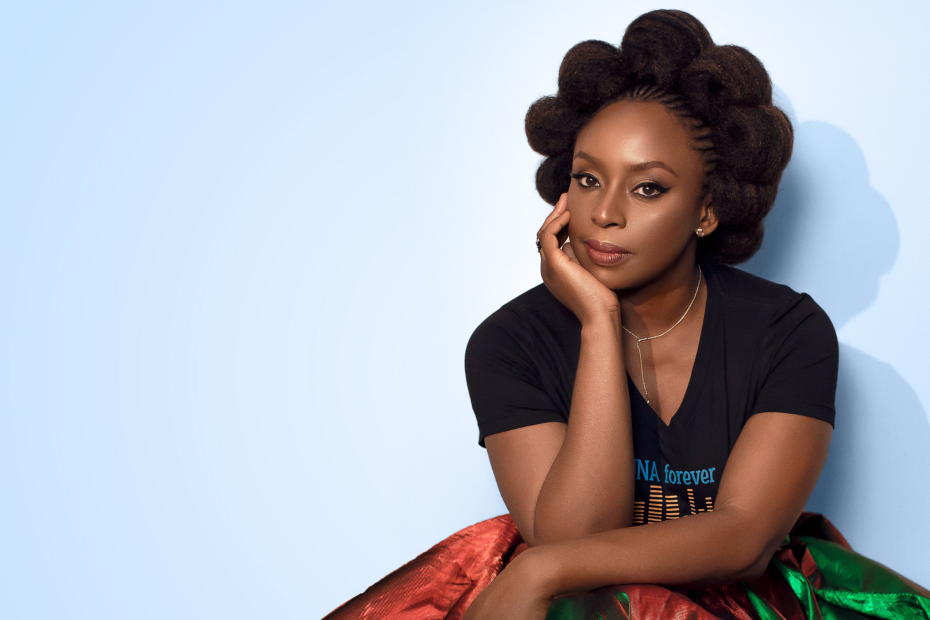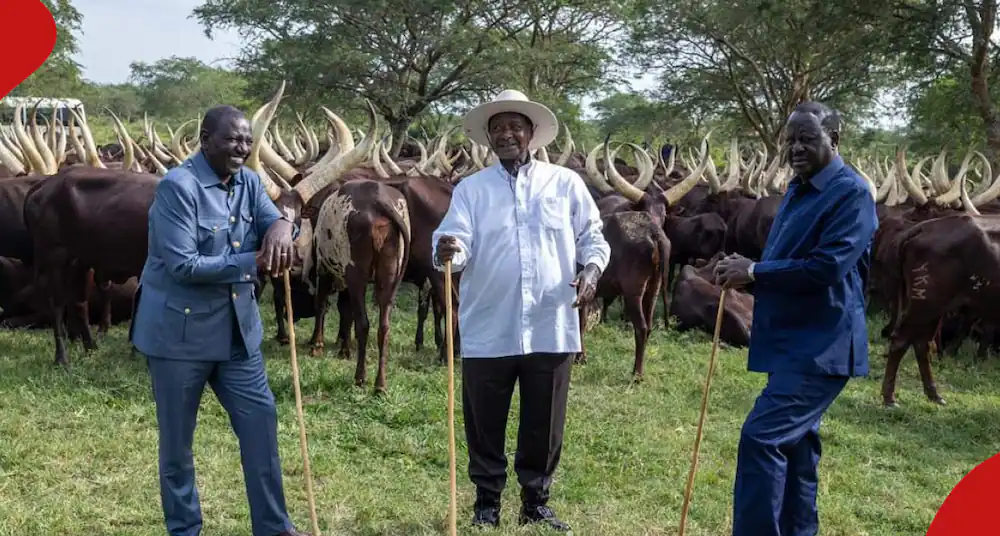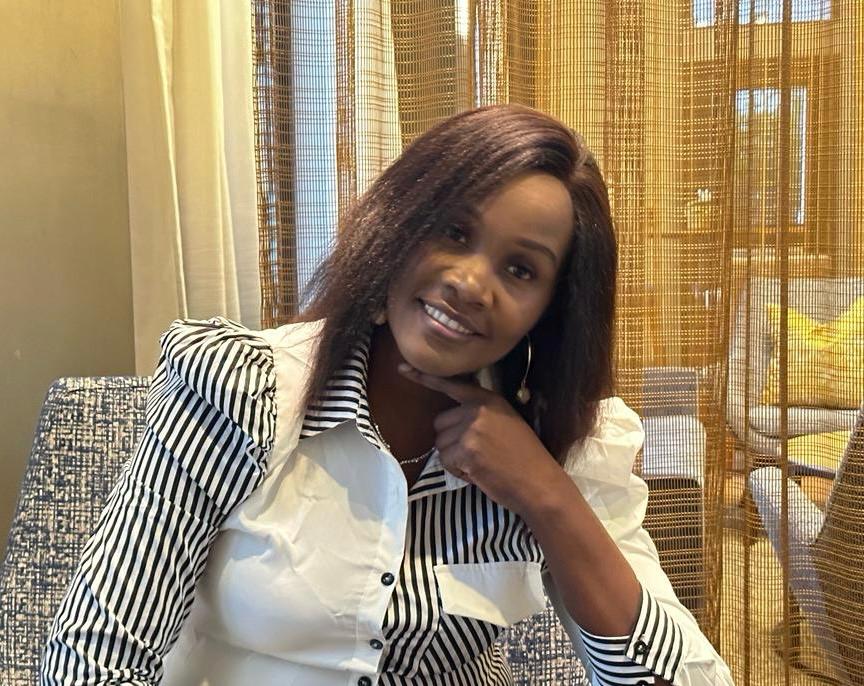Africa is home to countless women who are remarkable leaders and agents of change in their societies. In Africa, there is a famous saying: “If you educate a man you educate an individual, but if you educate a woman you educate a nation”. From politics to business, sports to education, African women have made significant contributions across various fields. Words cannot express these women’s impact in their communities and beyond. There is a long list of inspiring African women, but here are 10 women who have made their mark and deserve to be celebrated.
11. Graça Machel
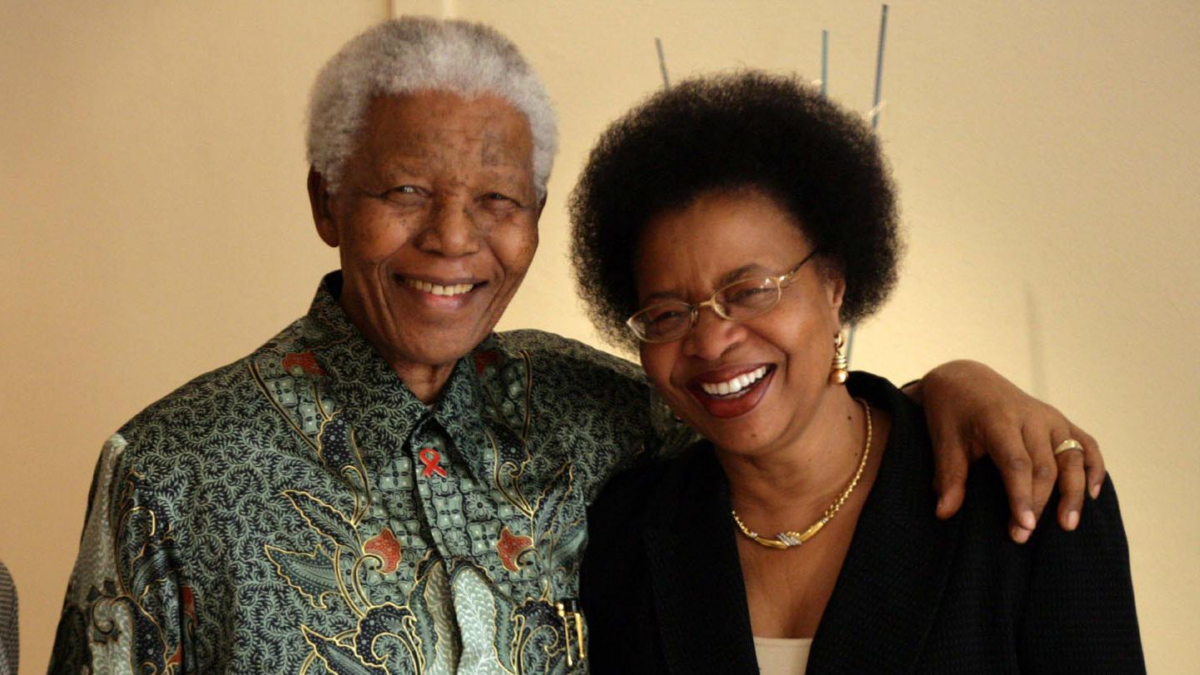
Graça Machel is a formidable force in the scene of international advocacy for children’s and women’s rights. Originally from Mozambique, Machel was the country’s first Minister of Education and Culture after the independence. She also holds the unique distinction of being the only woman to have been First Lady of two separate nations – Mozambique and South Africa – as the wife of Samora Machel and later Nelson Mandela.
Besides her political sway, Machel has left a lasting impact through her relentless championing of social justice and equality. Her main recognition comes from her work in education and her contributions to the United Nations report on the impact of armed conflict on children. Machel’s dedication and influential work serve as a guiding light for advocates worldwide. Also Read: Meet the 13 Inspiring African women named among BBC 100 women in 2023
10. Amina Mama
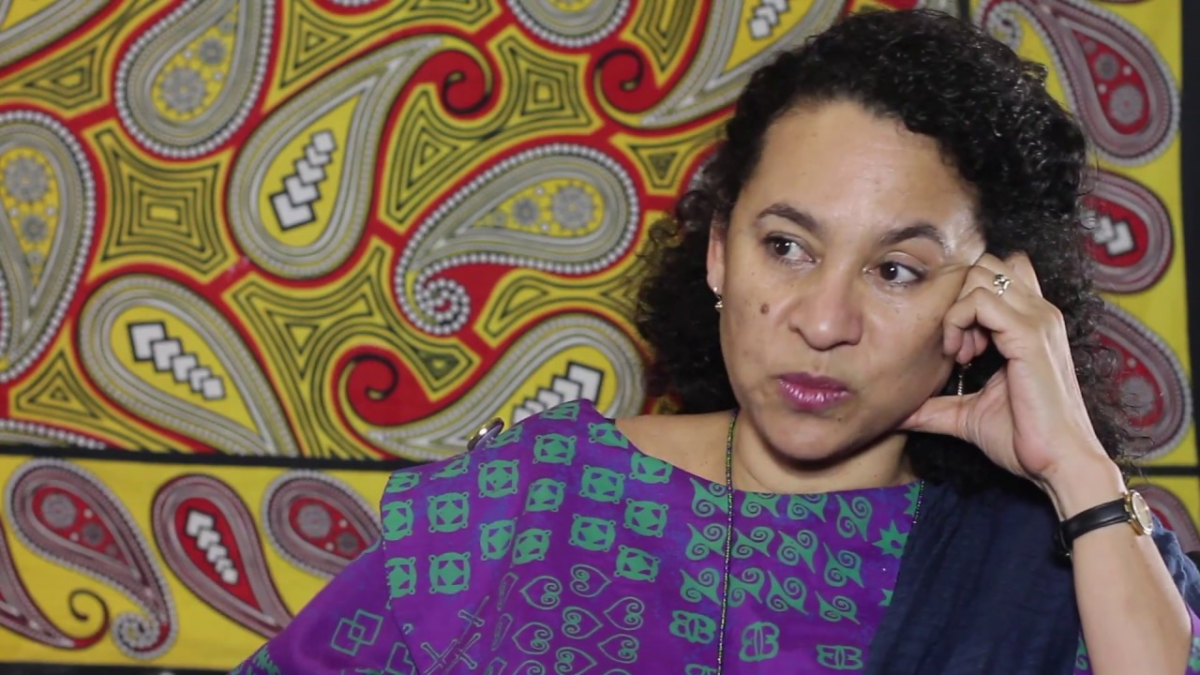
Amina Mama is a renowned Nigerian-British feminist and academic whose notable contributions have significantly impacted the discourse on gender and women’s rights in Africa. As the founding editor of Feminist Africa, a scholarly journal focusing on contemporary gender issues, Mama has offered a platform for intellectual dialogue, research, and policy debates relating to feminism in Africa.
Mama’s work extends to advocacy, where she has been instrumental in pushing for gender equality and social justice. Her influential works and tireless efforts inspire and drive meaningful change in African societies and beyond.
8. Wanjira Maathai
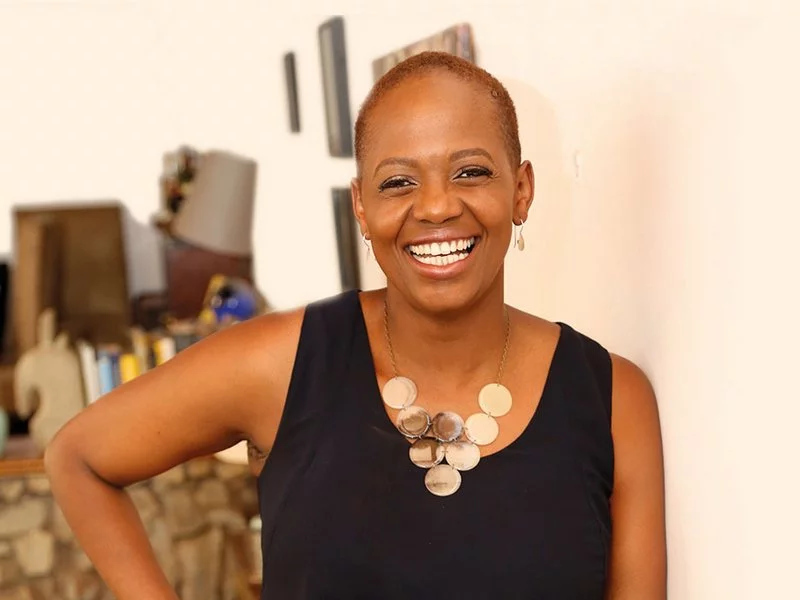
Ever heard the name Mathai? Meet Wanjira Mathai, daughter of Wangari Mathai, the pioneering African woman who won the Nobel Peace Prize for her tireless environmental and social justice activism efforts. Wanjira is seamlessly continuing her mother’s impactful legacy as the Executive Director of the Green Belt Movement (GBM), an organization founded by Wangari in 1977.
As an environmental and social activist, Wanjira Mathai is a distinguished figure from Kenya. Following in her late mother’s footsteps, Wanjira serves as the Vice Chair of the Wangari Mathai Foundation. A foundation dedicated to perpetuating her mother’s legacy by instilling a culture of purpose and integrity, particularly among the younger generation. Also Read: Wanjira Mathai: Continuing the Legacy of an Inspiring Environmentalist
Wanjira’s commitment to environmental conservation and sustainable development is further exemplified in her role as the Director of Partnerships at the World Resources Institute Africa. In this capacity, she showcases her passion for preserving the environment and fostering partnerships to drive meaningful change. Therefore, her work is a testament to her unwavering dedication to promoting environmental stewardship and empowering the emerging leaders of Africa.
7. Dr. Sylvia Tamale
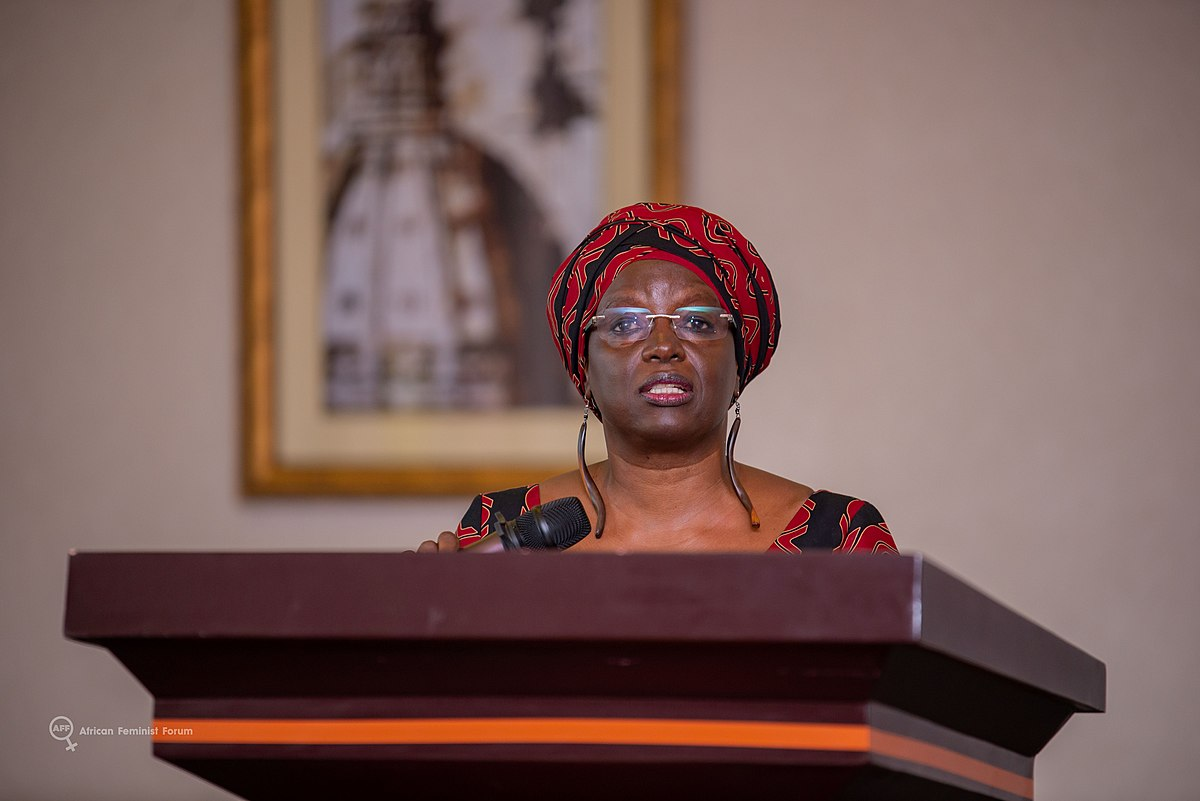
Dr. Sylvia Tamale is a renowned scholar and human rights advocate from Uganda. She has distinguished herself as the first woman Dean at the School of Law, Makerere University, one of Africa’s oldest and most prestigious educational institutions. Her pioneering work in women’s and gender studies widely attracts her recognition further. She courageously addresses taboo subjects often ignored in African societies, such as gender and sexuality rights.
Her extensive work, including her seminal book “African Sexualities: A Reader,” challenges traditional narratives and advocates for inclusivity and diversity. Dr. Tamale’s relentless pursuit of gender equality and minority rights establishes her as a significant force in human rights advocacy on the African continent.
6. Ifrah Ahmed
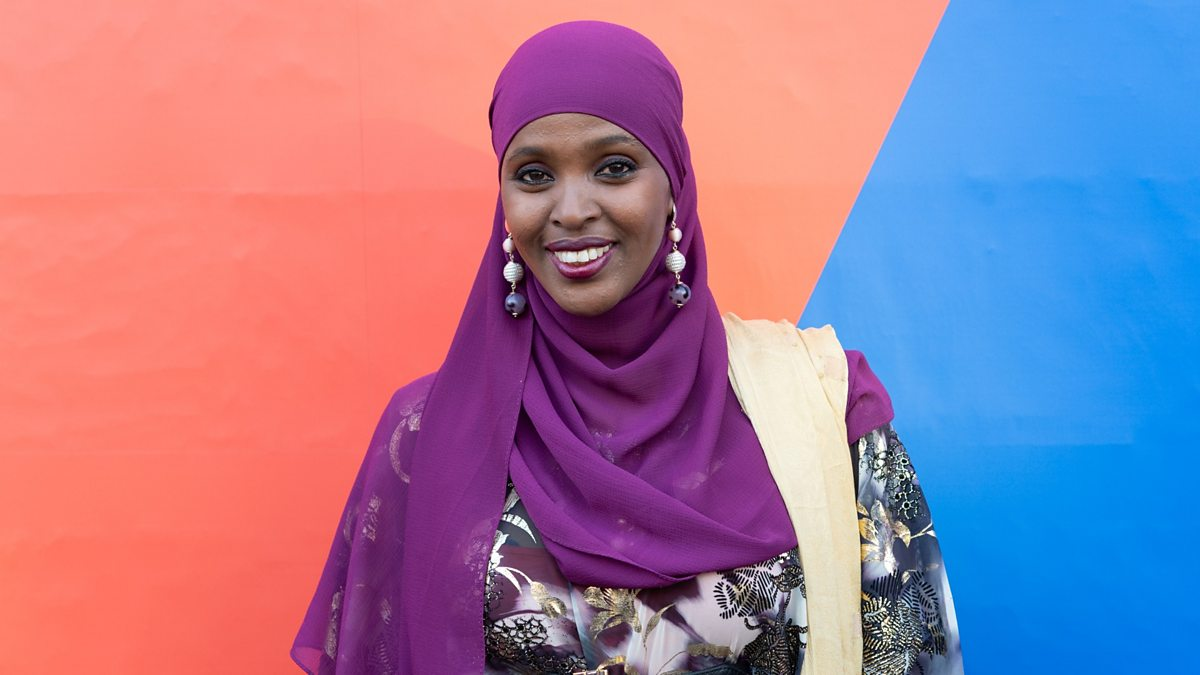
Ifrah Ahmed is an influential figure coming from Somalia, known for her tireless work in advocating for women’s rights, particularly against female genital mutilation (FGM). A survivor of this brutal practice, Ahmed moved to Ireland, where she became a prominent activist, founding the Ifrah Foundation, which campaigns against FGM worldwide.
The critically acclaimed film “A Girl from Mogadishu” later portrayed her compelling story. This film shines the light on the critical issue of FGM in her motherland. Through her foundation and her role as an advisor to the Irish government on gender-related issues, she continues her ceaseless fight against FGM, initiating change and inspiring hope.
5. NoViolet Bulawayo
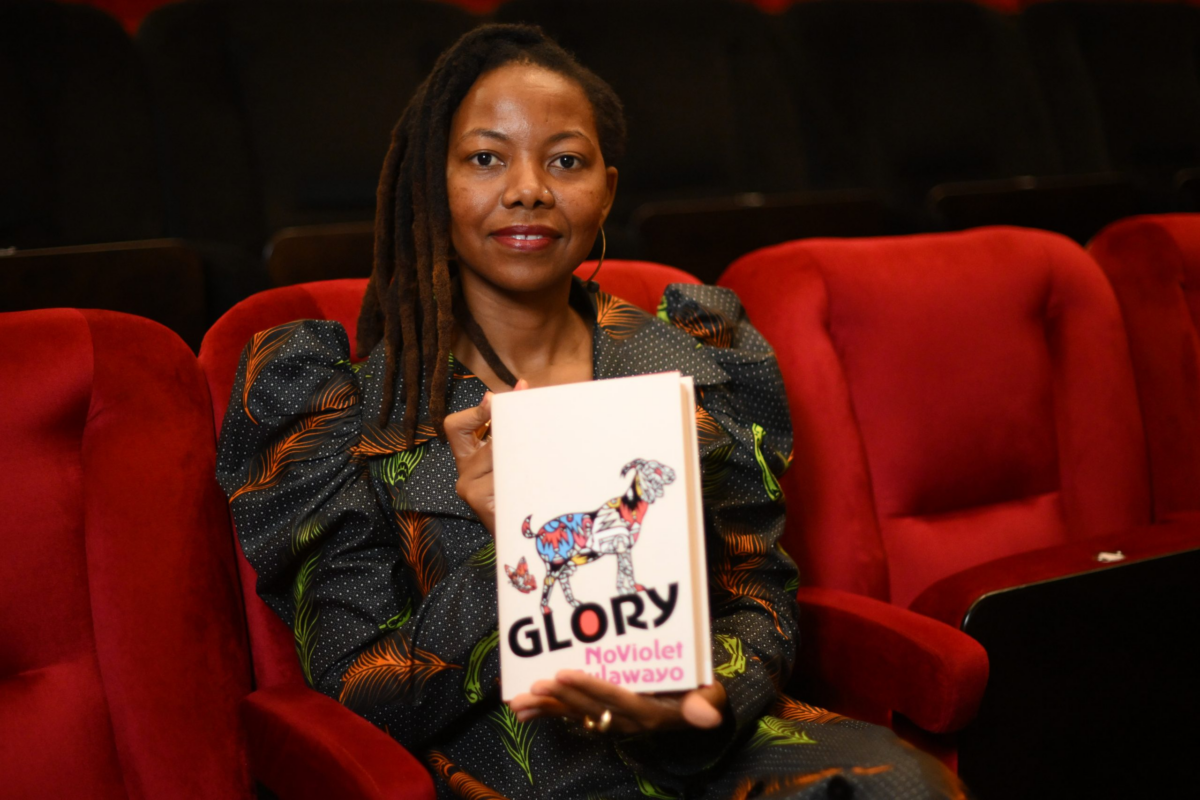
NoViolet Bulawayo, originally from Zimbabwe, is a distinguished author who has gained international acclaim for her poignant and compelling narratives. Critics have particularly recognized her debut novel, “We Need New Names,” for its profound and evocative exploration of the African diaspora experience from the perspective of a young girl.
The novel was shortlisted for the Man Booker Prize in 2013, marking Bulawayo as the first Black African woman and Zimbabwean to be honored in this way. Additionally, her unique voice and powerful storytelling continue to resonate with readers worldwide, earning her a prominent spot in the landscape of contemporary African literature.
4. Chimamanda Ngozi Adichie
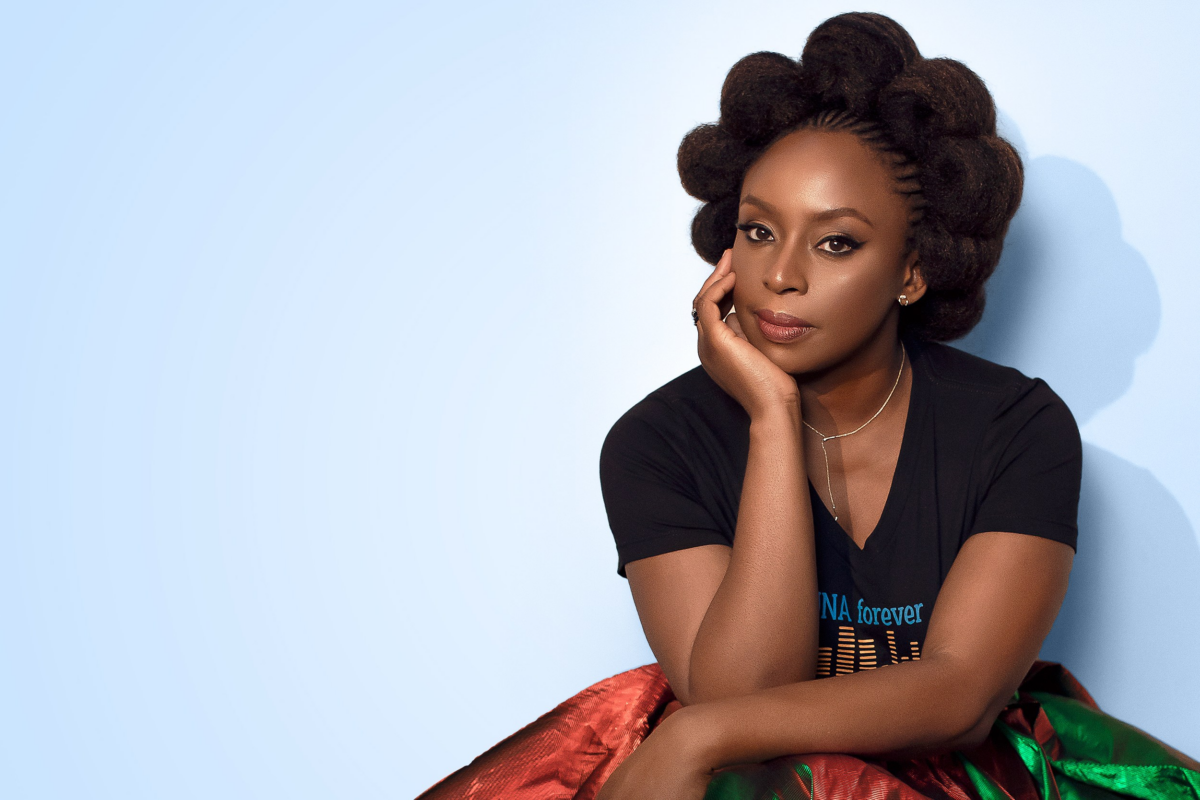
Chimamanda Ngozi Adichie, hailing from Nigeria, is an internationally acclaimed writer and speaker known for her powerful narratives and thought-provoking perspectives on issues such as gender equality and cultural identity. Her works, including the novels “Purple Hibiscus,” “Half of a Yellow Sun,” and “Americanah,” have garnered numerous awards and have been translated into over thirty languages.
Adichie’s TED talk “The Danger of a Single Story” and her essay “We Should All Be Feminists,” which was sampled in a song by Beyoncé, have further cemented her status as a leading voice in contemporary literature and cultural discourse. Through her eloquent prose and insightful observations, Adichie continues to challenge stereotypes, inspire dialogue, and promote understanding.
3. Auma Obama
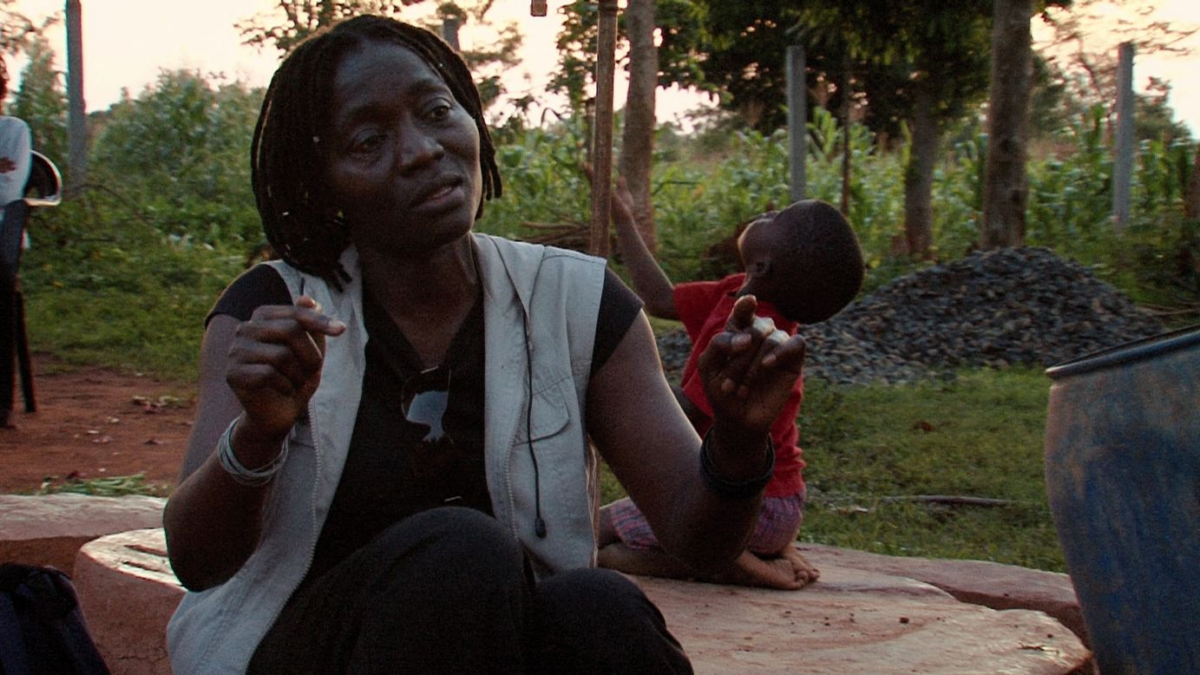
Auma Obama, a Kenyan scholar, author, and activist, is widely recognized for her substantial contributions to socio-economic development, particularly her work with the underprivileged youth in her native Kenya. Born into the prominent Obama family, Auma has used her platform to spearhead initiatives that promote education, economic self-reliance, and cultural identity among young Africans. She founded the Sauti Kuu Foundation, which provides resources and opportunities for children and young people to uncover their potential and lead self-determined lives.
Auma has also made a name for herself in the literary world with her memoir “And Then Life Happens,” where she narrates her unique life journey, including her relationship with her half-brother, former U.S. president Barack Obama. Her efforts have earned her numerous accolades, including the German TV Prize for Charity. Despite her familial ties, Auma has carved out her path and continues to use her voice to advocate for a better, more equitable world.
2. Mamitu Gashe
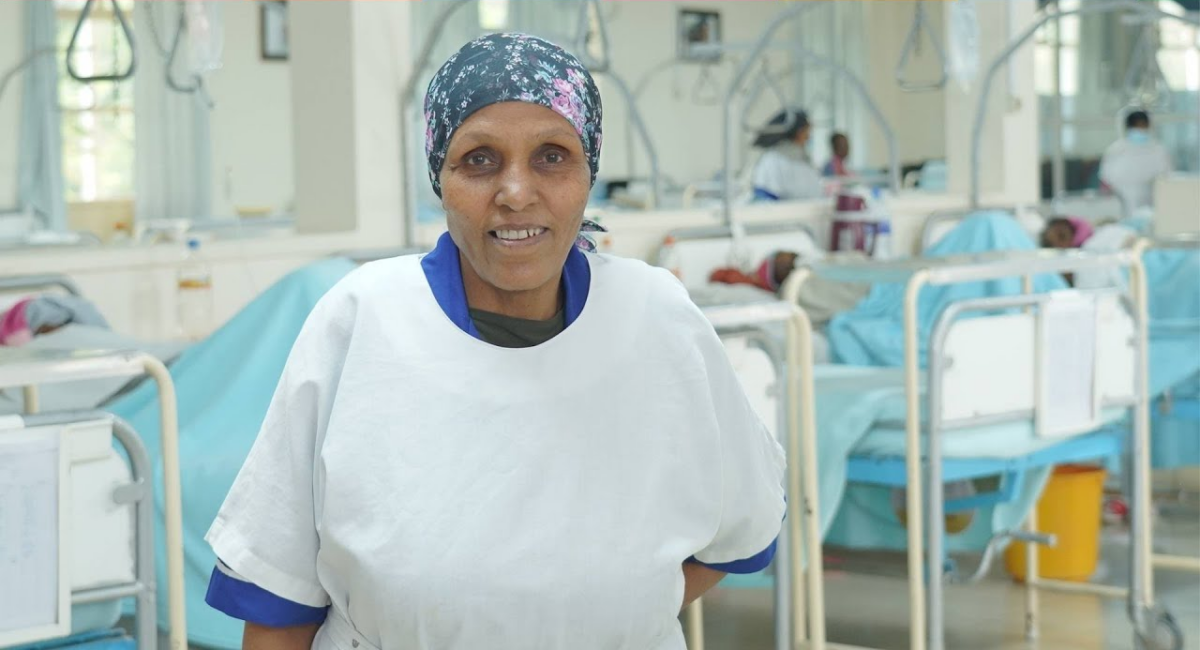
Mamitu Gashe is an Ethiopian obstetrician who is esteemed globally for her significant impact in combating obstetric fistula, a devastating childbirth injury. She began her journey as a victim of the condition, but through her indomitable spirit, she became a beacon of hope for many suffering women. Under the mentorship of Dr. Catherine Hamlin, Gashe learned surgical techniques without any formal medical training and rose to become one of the world’s foremost fistula surgeons.
Her personal experience and empathetic approach have made her instrumental in the Hamlin Fistula Hospital in Addis Ababa, where she has saved and transformed countless lives. Gashe’s remarkable story is a testament to the power of resilience and the profound impact one individual can make.
1. Kemi Adetiba
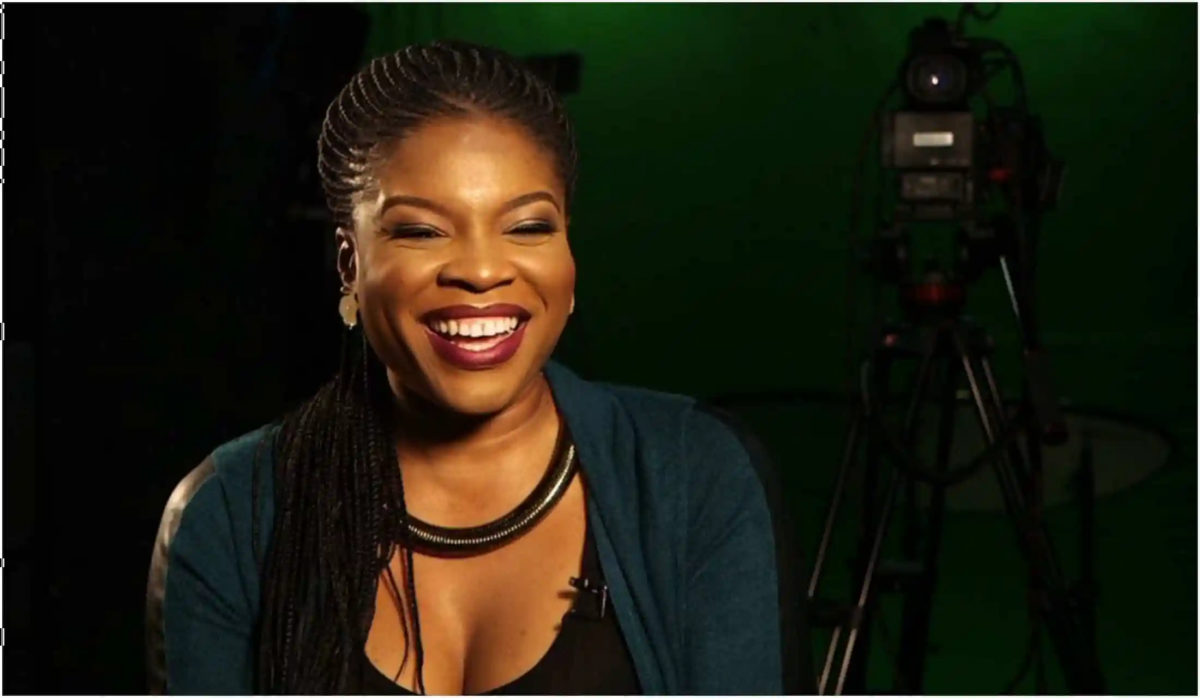
Kemi Adetiba is a formidable force in the Nigerian entertainment sector, renowned as both a music video director and a filmmaker. Her passion for storytelling led her to transition from a successful career in radio and television presenting into the world of film and music video production. Adetiba’s directorial prowess is evident in her groundbreaking music videos for prominent African artists and her lauded 2016 feature film, “The Wedding Party,” which became the highest-grossing Nigerian movie at that time.
In addition to her remarkable commercial success, Adetiba uses her platform to explore socially relevant themes and give a voice to the underrepresented. Her online series “King Women” is a testament to this, providing a platform for inspirational Nigerian women to share their stories. Despite the entertainment industry’s challenges, particularly for women, Adetiba’s creativity, tenacity, and commitment to excellence continue to break barriers, demonstrating that storytelling is a powerful tool for social change.

